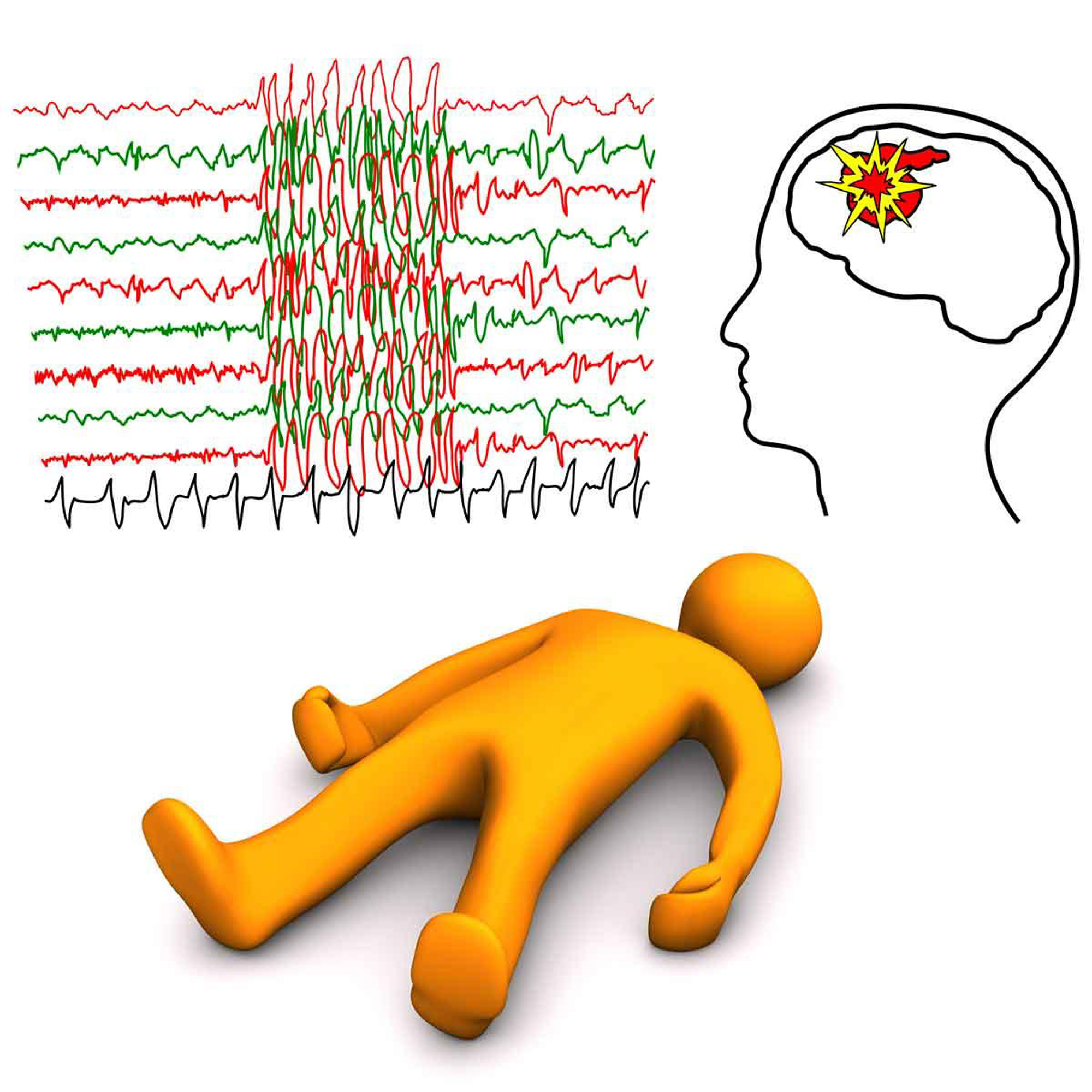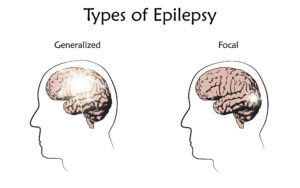Epilepsy and Seizure triggers
Epilepsy is a central nervous system (neurological) disorder in which brain activity becomes abnormal, causing seizures or periods of unusual behavior, sensations, and sometimes loss of awareness.
Anyone can develop epilepsy. Epilepsy affects both males and females of all races, ethnic backgrounds, and ages.
Seizures are the basic indicator of epilepsy. Seizure symptoms can vary widely.
- Because epilepsy is caused by abnormal activity in the brain, seizures can affect any process your brain coordinates. Seizure signs and symptoms may include:
- Staring
- Jerking movements of the arms and legs
- Stiffening of the body
- Loss of consciousness
- Breathing problems
- Loss of bowel or bladder control
- Falling suddenly for no apparent reason
- Not responding to noise or words for brief periods
- Appearing confused
- Nodding the head rhythmically
- Periods of rapid eye blinking and staring
Symptoms vary depending on the type of seizure. In most cases, a person with epilepsy will tend to have the same type of seizure each time, so the symptoms will be similar from episode to episode.
Seizure triggers
Some things make seizures more likely for some people with epilepsy. These are often called ‘triggers’. Triggers don’t cause epilepsy, but they make seizures more likely.
Not all people with epilepsy have seizure triggers. And the things that trigger one person’s seizures might not affect other people with epilepsy in the same way.
- Here are some of the seizure triggers that have been reported by people with epilepsy:
- Not taking epilepsy medicine as prescribed
- Feeling tired and not sleeping well
- Stress
- Alcohol and recreational drugs
- Flashing or flickering lights
- Monthly periods
- Missing meals
- Having an illness that causes a high temperature
Keeping a seizure diary is a good way to try and find out what might trigger your seizures. Every time you have a seizure, record it and make a note of what you were doing and how you were feeling. If you do this over time, you might see a pattern emerging.



